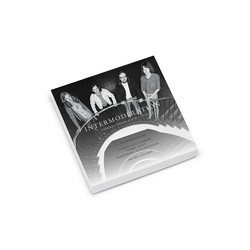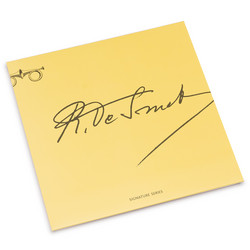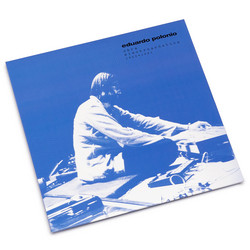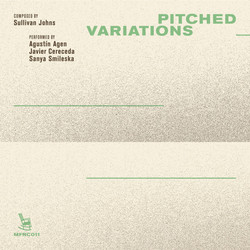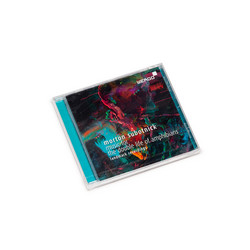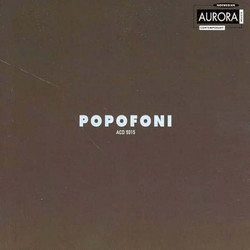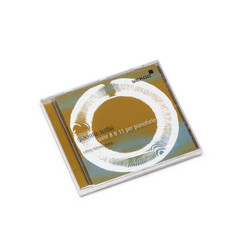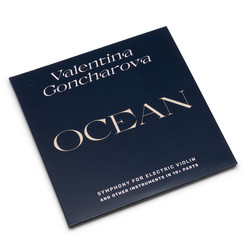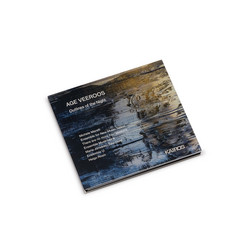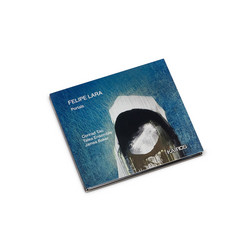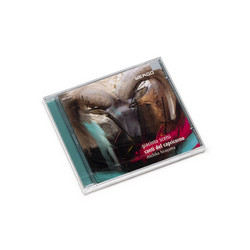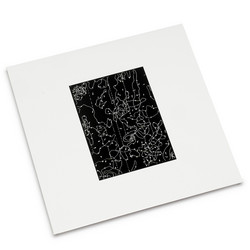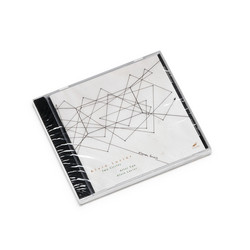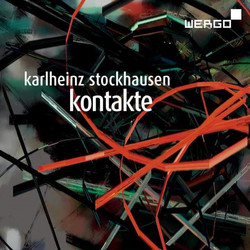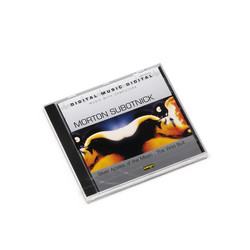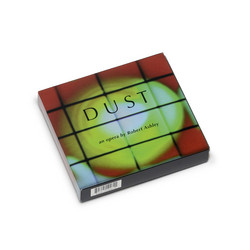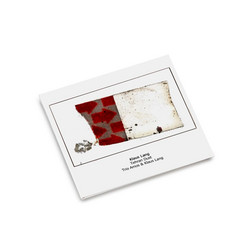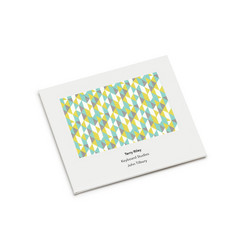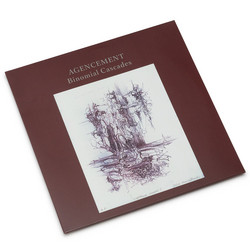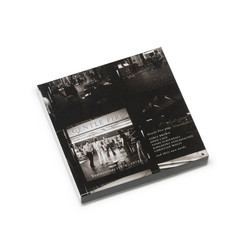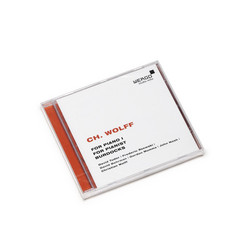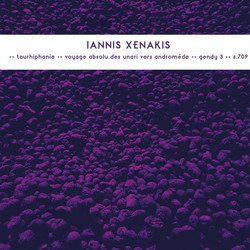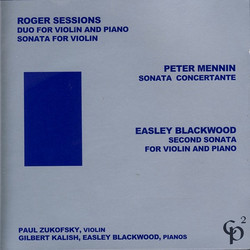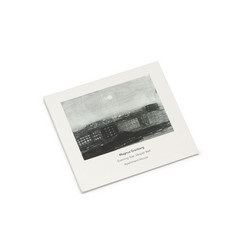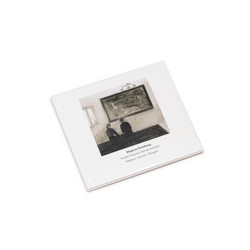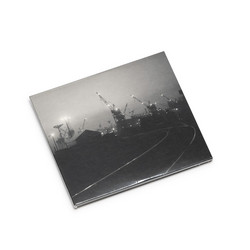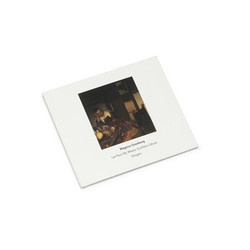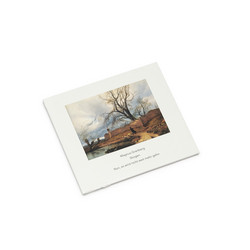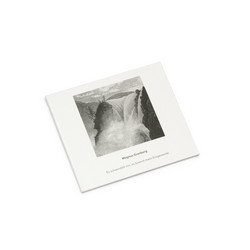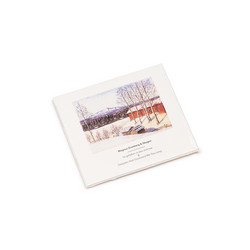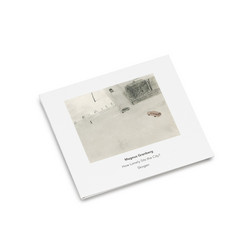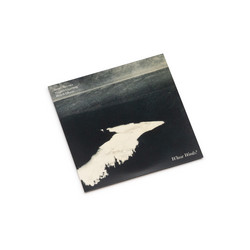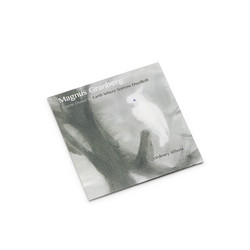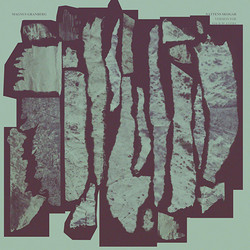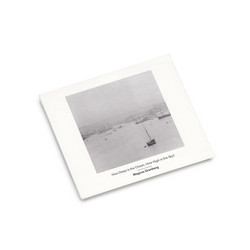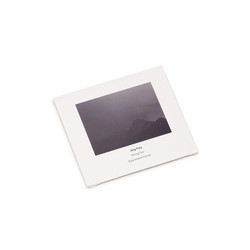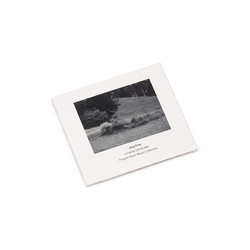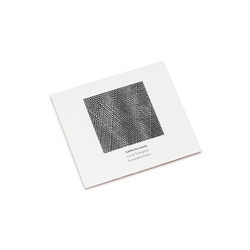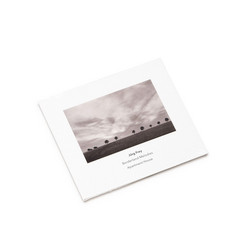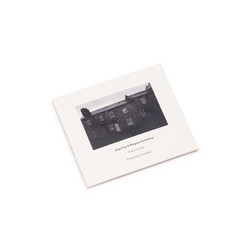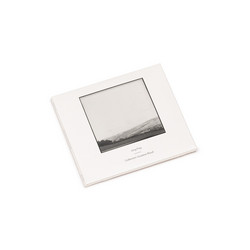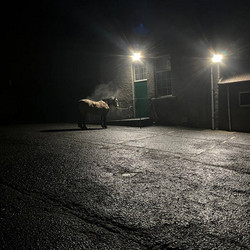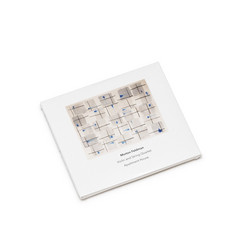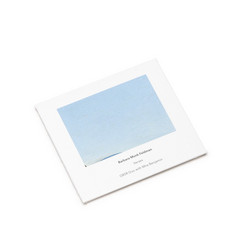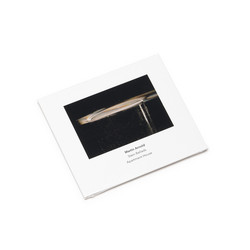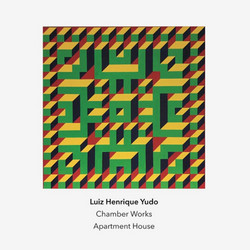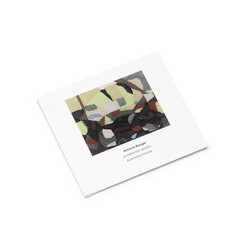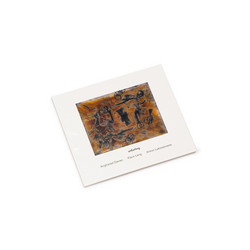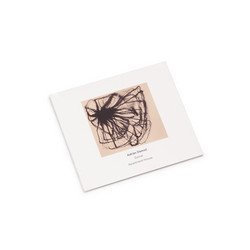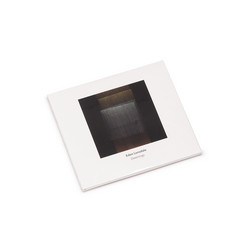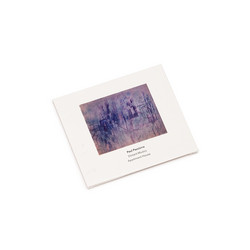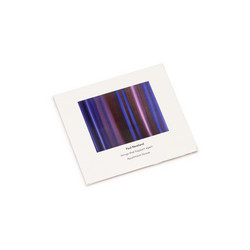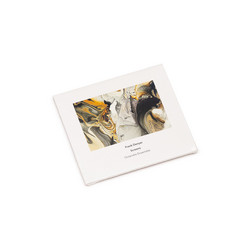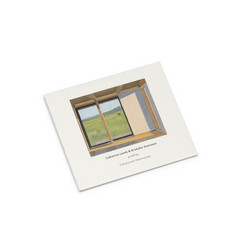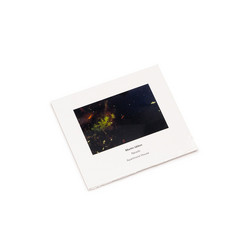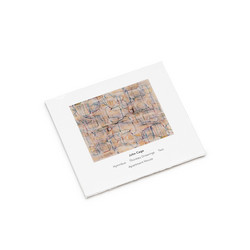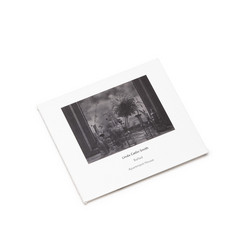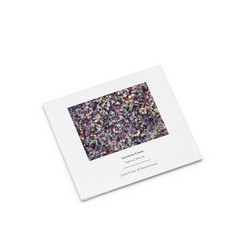A new composition by clarinetist and composer Magnus Granberg, the leader of the highly acclaimed ensemble Skogen, this time with a new, smaller group that includes percussionist Erik Carlsson, performing his beautiful, melancholic music.
Your work with the larger group Skogen is now relatively well-known, and indeed successful. Why the change of group formation for this release? And in particular why the absence of electronics, which was such a feature of your two Another Timbre discs with Skogen?
Well, partly because of some quite trivial, practical and arbitrary reasons, actually. Firstly, I had some sort of desire to be part of an ensemble performing my music playing the clarinet instead of the piano, as I normally have done the past few years. I finally started practicing and playing the clarinet four years ago after having thought about it for some years, and simply wanted to play it and find a place for it within my music. Secondly, I had wanted to do something together with Kristine Scholz for some time: she’s a brilliant pianist who’s done a wonderfully heroic and consistent work performing and premiering new, interesting music in Sweden since she moved here from Germany in the early seventies, quite often together with the equally brilliant pianist Mats Persson, with whom she’s had a longstanding duo.
As regards the absence of electronics, I also had this somewhat vague idea (or whim, perhaps) of doing something slightly closer to a traditional chamber music setting, but which still would allow the music to take place in some sort of clair-obscur or twilight zone between pitch and noise: the piano is obviously prepared, as are the strings at times; there’s percussion and the clarinet plays multiphonics to a large extent. And the most trivial and practical reason, perhaps, was that I simply wanted to play with an ensemble where all players live in the Stockholm area.
Yes, that twilight zone between pitch and noise is still very much the place where the music is operating. But tell me more about your interest in the clarinet. As I understand it, you took it up as an alternative to the alto saxophone, which you have played for a long time. Why choose clarinet rather than saxophone for pieces such as this?
Yes, as you say, I have a background as a saxophone player; it was the first instrument I learned to play (at eleven), and it was also my main instrument for many years before I turned into a so-called composer/performer playing the piano with Skogen. And the reason for starting to play the clarinet was partly the same reason why I started writing music: around the age of twenty-five I was becoming increasingly troubled with my history with the saxophone, with the way my ’self’ and my physiognomy always seemed to be a little bit too present within the music I played. What I wanted was to find a way of dissolving or disappearing into the music. Of course other saxophonists (and other instrumentalists as well, for that matter) have found their own solutions to this problem (or sometimes perhaps don’t consider it to be a problem). But I felt that part of the nature of the instrument was a kind of obtrusiveness, the way the saxophone tends to dominate a context with regard to timbre and projection regardless of how softly you play, and particularly when you play in a more conventional style. The clarinet, on the other hand, seems to blend more easily with other instruments, making it somewhat easier to become a part of the sound of the music itself. And the clarinet is also a wonderfully dynamic and complex instrument in regard to timbre and dynamics, which I find interesting to explore.
Tell us about the title: ’would fall from the sky, would wither and die’ Where does it come from, and why?
The title is a compound of a couple of lines from a popular song from the 1930s, ’If I Should Lose You’, from which the harmonic material of the piece was culled, and indeed rather heavily transformed. As to why I chose to use those lines as the title, I guess it’s just a rather natural and convenient way of paying homage to a music which to a certain degree has influenced me and served as an impulse for making music - in this particular respect also in a very concrete way. It’s also a song which I used to play quite often as a young aspiring jazz musician and which I’ve listened to for many years, as recorded by Charlie Parker, Billie Holiday, Chet Baker and others. The piece was, by the way, also composed at a time when my wife was seriously ill, so initially it was also, albeit in a very informal way, dedicated to her and our son.
excerpt from Magnus Granberg interview
